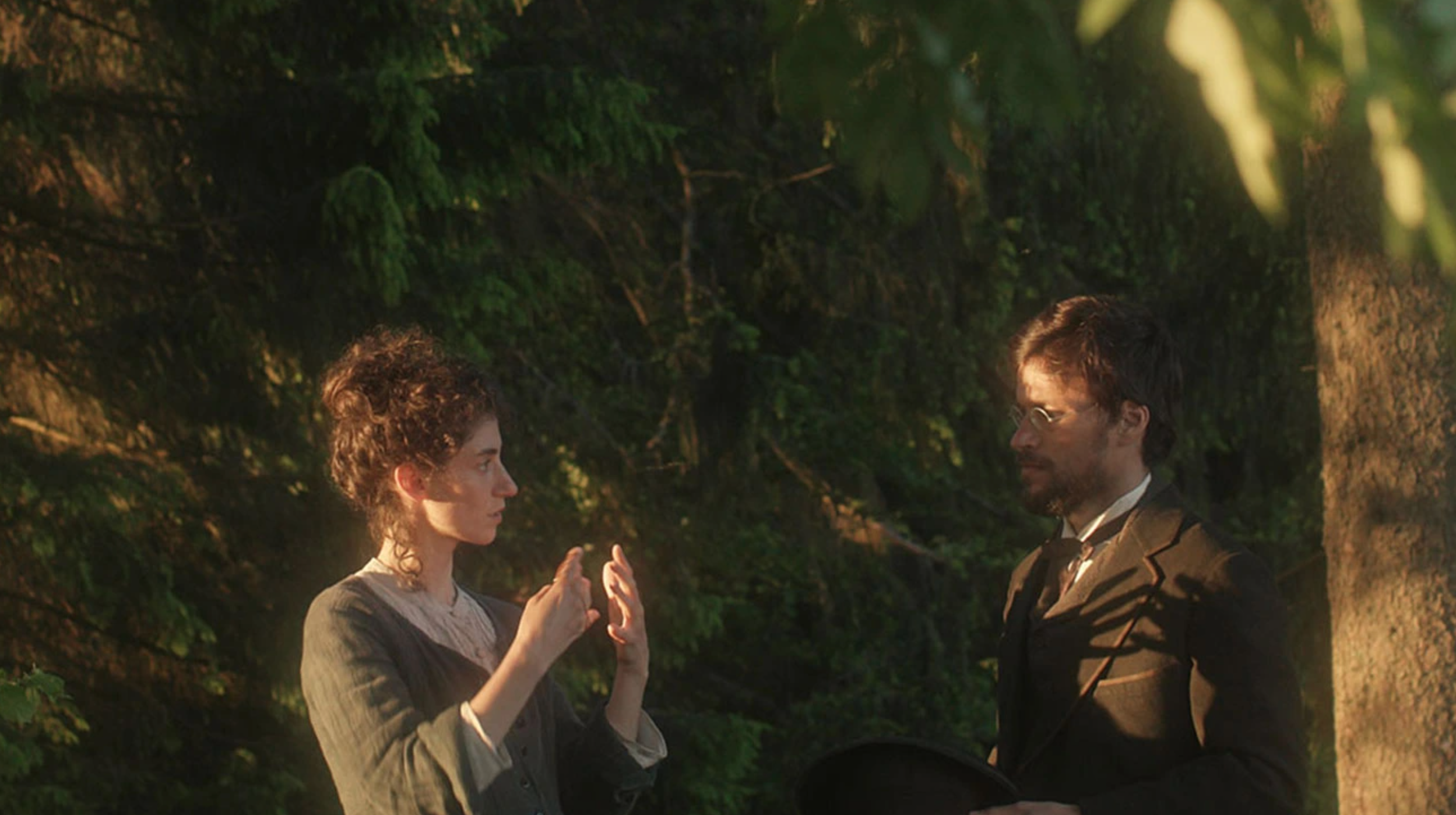The second feature by Swiss director Cyril Schäublin (‘Those Who Are Fine’) premiered earlier this year at the Berlinale and made its U.S. debut at the New York Film Festival.
By Jordan Mintzer, October 10, 2022
It’s hard to think of a better title than the one writer-director Cyril Schäublin came up with for his second feature, which chronicles the political fervor swelling beneath the surface of a quiet, picturesque industrial town in late-19th century Switzerland.
That town, nestled cozily beside the Jura Mountains, is home to a factory where workers meticulously assemble watches by hand, setting the tiny balance wheel, known as an unrueh (unrest), with the type of scientific precision that the Swiss are famous for. But the real unrest is happening all around them, as the burgeoning anarchist movement takes hold of the factory as well as the community, pitting the workers — almost all of them women — against the powers-that-be who run everything like clockwork, reducing humans to mere cogs in the wheel of the capitalist machine.
The film occasionally shifts its focus onto two of the townspeople caught up in the struggle — the young watch assembler Josephine (Clara Gostynski) and the real-life Russian anarchist Pyotr Kropotkin (Alexei Evstratov) — but their story is only part of a larger one depicting Western Europe on the brink of transformation, with seeds being firmly planted for the labor and feminist movements that would explode during the next century.


